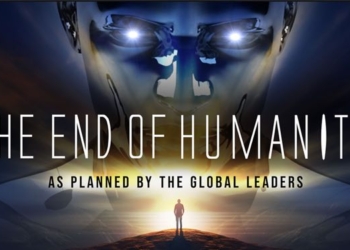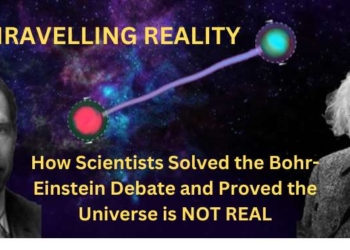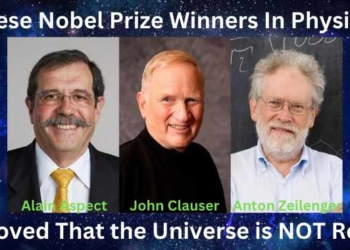
By CBC NEWS
In a small room tucked away at the University of Toronto, Professor Dan Nemrodov is pulling thoughts right out of people's brains.
He straps a hat with electrodes on someone's head and then shows them pictures of faces. By reading brain activity with an electroencephalography (EEG) machine, he's then able to reconstruct faces with almost perfect accuracy.
Student participants wearing the cap look at a collection of faces for two hours. At the same time, the EEG software recognizes patterns relating to certain facial features found in the photos. Machine-learning algorithms are then used to recreate the images based on the EEG data, in some cases within 98-per-cent accuracy.
Nemrodov and his colleague, Professor Adrian Nestor say this is a big thing.
“Ultimately we are involved in a form of mind-reading,” he says.
The technology has huge ramifications for medicine, law, government, and business. But the ethical questions are just as huge. Here are some key questions:
What can be the benefits of this research?
If developed, it can help patients with serious neurological damage. People who are incapacitated to the point that they cannot express themselves or ask a question.
According to clinical ethicist Prof. Kerry Bowman and his students at the University of Toronto, this technology can get inside someone's mind and provide a link of communication. It may give that person a chance to exercise their autonomy, especially in regard to informed consent to either continue treatment or stop.
In a courtroom, it may end up being used to acquit or convict those accused of a crime. Like lie detector tests and DNA analysis, brain scanning our memories may become a legal tool to help prove innocence or guilt.
It may even change our relationship with animals. If, as student Nipa Chauhan points out, we know what they understand and feel, we may act differently toward them.
So what's the flipside?
A lot. Let's start with the concept of memory. Our memories are never “pure” — nor are they ever completed.
And our brain often fills in the blank spots with biases and personal reflections. Researchers like Adrian Nestor and his colleague Dan Nemrodov agree it's still a bit like archaeology-digging beneath the layers to find the raw information. They haven't found it yet, but they believe it's just a matter of time.
That, according to Bowman and his students, raises the thorny issue of freedom, especially freedom of thought.
















